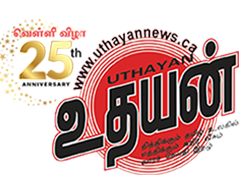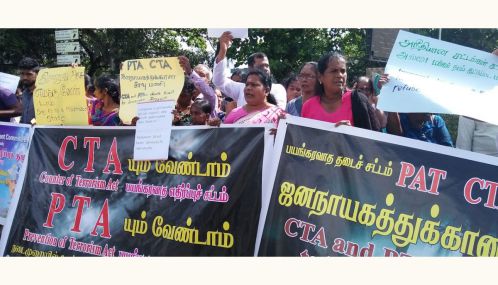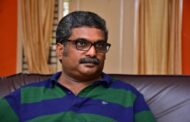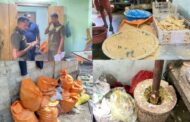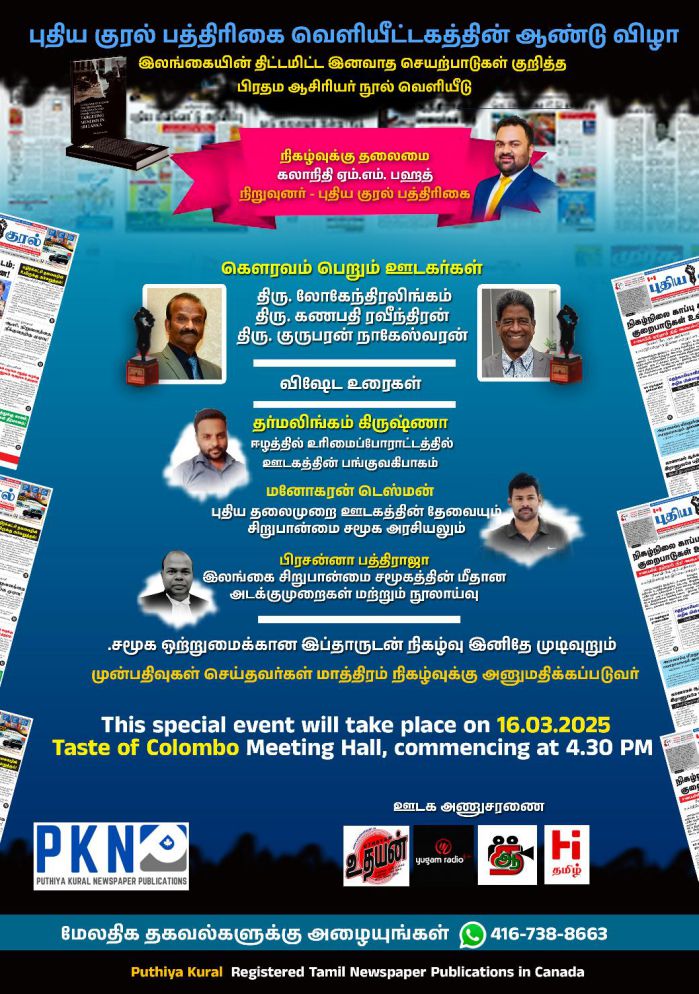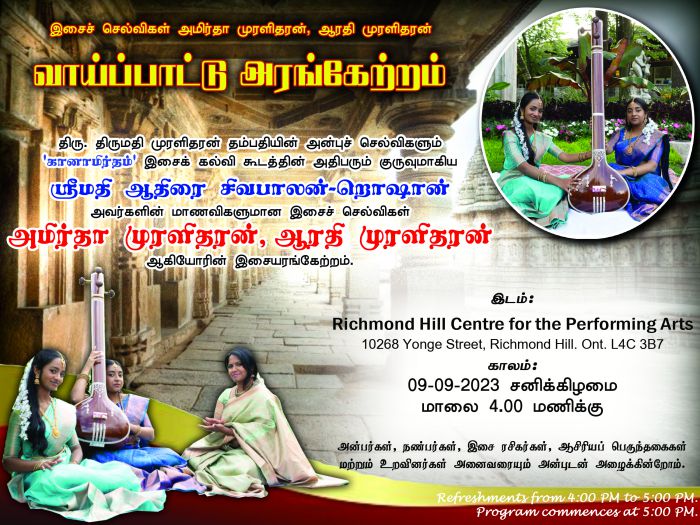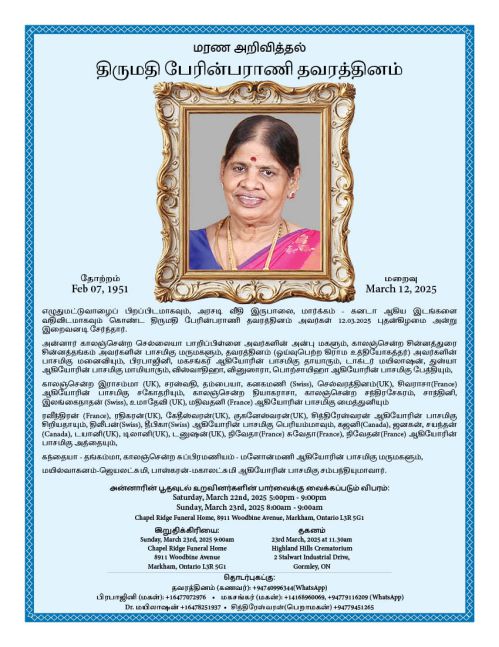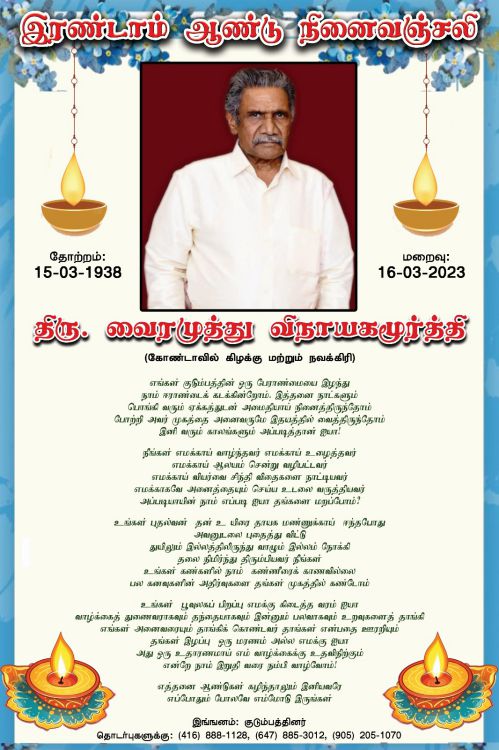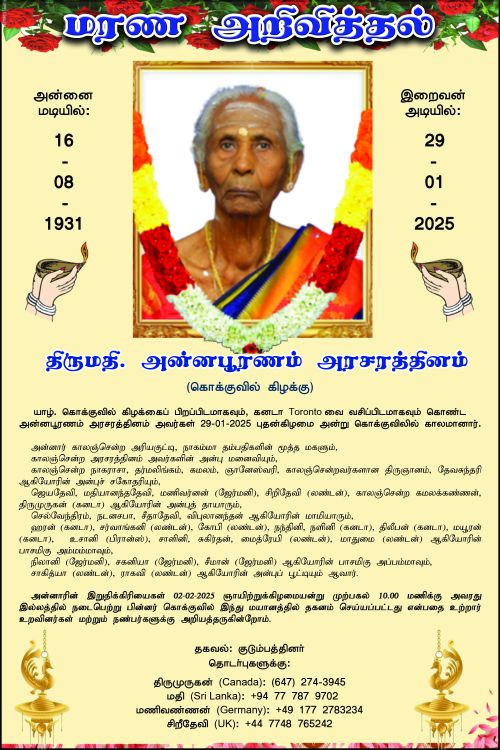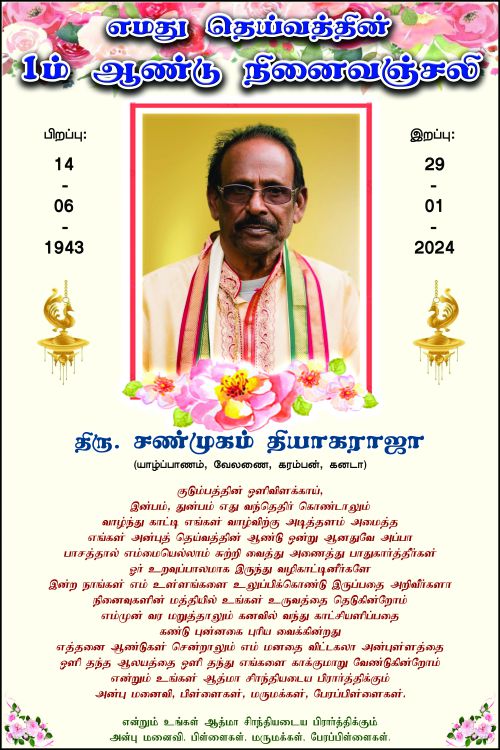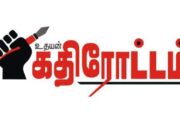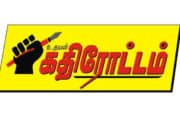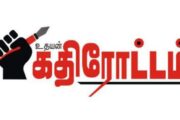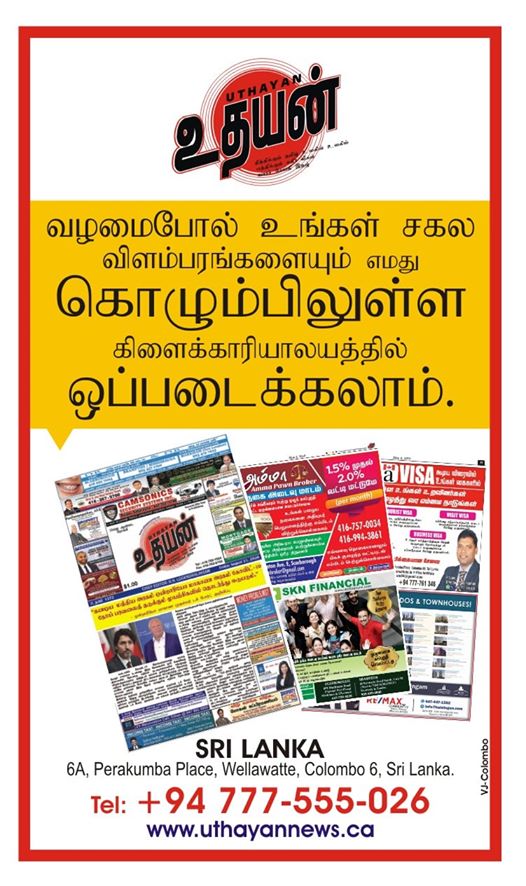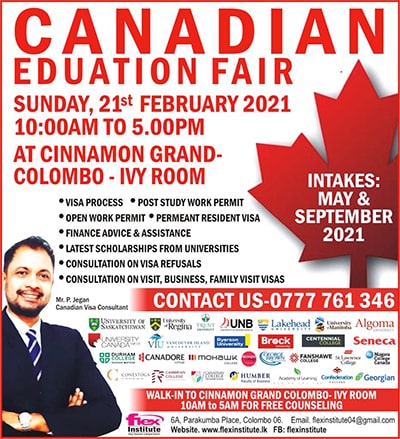Siva Parameswaran Senior International Journalist London
“Sri Lanka’s Prevention of Terrorism Act (PTA) has been used for over 40 years to enable prolonged arbitrary detention, to extract false confessions through torture, and to target minority communities and civil society groups”- a leading International Human Rights watchdog has said.
The condemnation from Human Rights Watch (HRW) has put Sri Lanka in a tight spot as the annual session of the UN Human Rights Commission is to begin in Geneva on 28th February.
Sri Lanka had given a commitment to the international bodies including the UNHRC last year to improve its Human Rights record only to disappoint them. Critics say the government has not enough to convince the international community that it’s acting positively and moving forward to implement the commitments given.
Hoping the Government of Sri Lanka (GOSL) would honour its word, UNHRC offered time to the island nation in a move to bring tighter sanctions and tough regulations on human rights conditions and alleged war crimes perpetuated by the state.
After years of domestic and international criticism of the law, President Gotabaya Rajapaksa on January 27, 2022, published a bill to amend the act- well over 10 months after the last session of the UNHRC. However, the proposed amendments leave the most often abused provisions of the law intact, and if enacted, will do little to bring the PTA into compliance with Sri Lanka’s international human rights obligations, according to HRW.
While the demand locally and internationally is for repealing the draconian PTA, the GOSL has opted to make amendments to it.
Even if the amendments are adopted, the PTA would still not meet any of the five “necessary prerequisites” described by seven United Nations special rapporteurs in December 2021 to comply with international human rights standards.
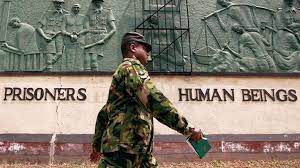
The PTA was enacted in 1979 as a temporary measure when it was presented in parliament, debated, and enacted all in one day. It allows the authorities to carry out arrests without warrant for unspecified “unlawful activities,” and permits detention for up to 18 months without producing the suspect before a court.
Brought by the ‘willy fox’ J R Jayawardena- the country’s first executive president after he won a landslide majority in the 1978 parliamentary elections, it was used by the state to subjugate the Tamils particularly under the guise of taming the armed groups who were waging a war for a separate homeland in the North East of the country. However, subsequent government citing the war bogey were unwilling to repeal it and ‘for politics of convenience’ it suited them.
However, the demand the abolish the PTA has been growing since the brutal civil war came to an end in May 2009.
Many suspects have been held on remand for years awaiting trial. Statistics indicate that most are tortured in custody, and convictions frequently rely on confessions obtained under torture. “During this 18-month period you are at the mercy of whichever security agency is detaining you,” a defence lawyer in numerous PTA cases told Human Rights Watch.
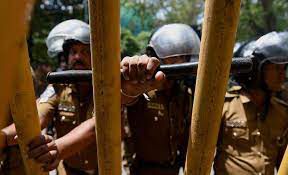
Ever since Gotabaya Rajapaksa won the presidential election in November 2019, his administration has used the PTA to target perceived political opponents and members of the minority Tamil and Muslim communities. The Rajapaksa regime has been accused of gross human rights violations, human rights activists and lawyers, journalists, and members of civil society groups being arrested under the guise of countering terrorism-HRW has pointed out in its report.
A human rights activist based in the North and working with the war affected Tamil community told HRW, “They are using PTA to create fear among activists. When we talk to the families of the disappeared, they say they can be arrested at any time. Police are arresting people for posting pictures on Facebook. They can arrest you for anything.”
The Rajapaksa government has rejected pledges by the previous administration of Maithripala Sirisena to repeal the law. Instead, it has used the PTA to target religious and ethnic minorities, fuelling concerns the government aims to further institutionalize Sinhala Buddhist nationalism in keeping with President Rajapaksa’s ethnically divisive campaign rhetoric. He has also promised to strengthen the country’s abusive intelligence agencies and protect military commanders he calls “war heroes” from war crimes prosecutions.
A year ago, in January 2021 the Rajapaksa government pledged to review abusive provisions of the PTA, which is a key condition of Sri Lanka’s tariff-free trading access (GSP+) to the European Union.
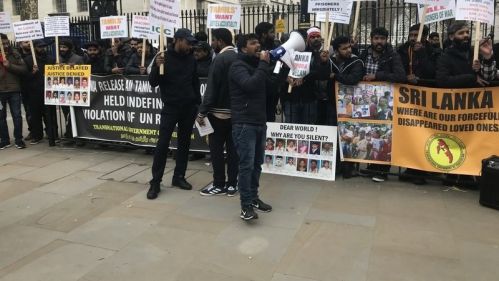
“The Prevention of Terrorism (Temporary Provisions) Act of 1979 Amendment Bill (the “Amendment Bill”), published in January 2022, includes revisions that could reduce some abuses under the law, such as shortening, from 18 to 12 months, the period a suspect can be held without judicial oversight. But this still violates the prohibition against arbitrary detention”-a human rights activist told HRW.
The Amendment Bill does not provide a definition of terrorism, as called for by United Nations experts to help prevent the PTA’s widespread misuse. The bill does not alter the sweeping powers the law gives to authorities to charge people with speech-related offenses: authorities can still arrest anyone deemed to be causing or intending to cause “racial or communal disharmony or feelings of ill will or hostility between different communities or racial or religious groups.” This proviso was used to arbitrarily arrest teachers, literary personalities, lawyers among others.
Crucially, the Amendment Bill does not change the status of confessions given to the police as evidence in PTA cases. While such evidence is inadmissible under other Sri Lankan laws, it is admissible under the PTA. This has led the police to routinely use torture and other ill-treatment to extract confessions from PTA prisoners. Furthermore, the bill does not remove the authority from officials to move and keep a suspect in “any place for the purpose of interrogation,” which has repeatedly been used to facilitate torture and increases the risk of enforced disappearance.
Amidst mounting economic crisis and internal turmoil brewing, GOSL is on a sticky wicket. The early it repeals the PTA it’s good for the nation and the people.
